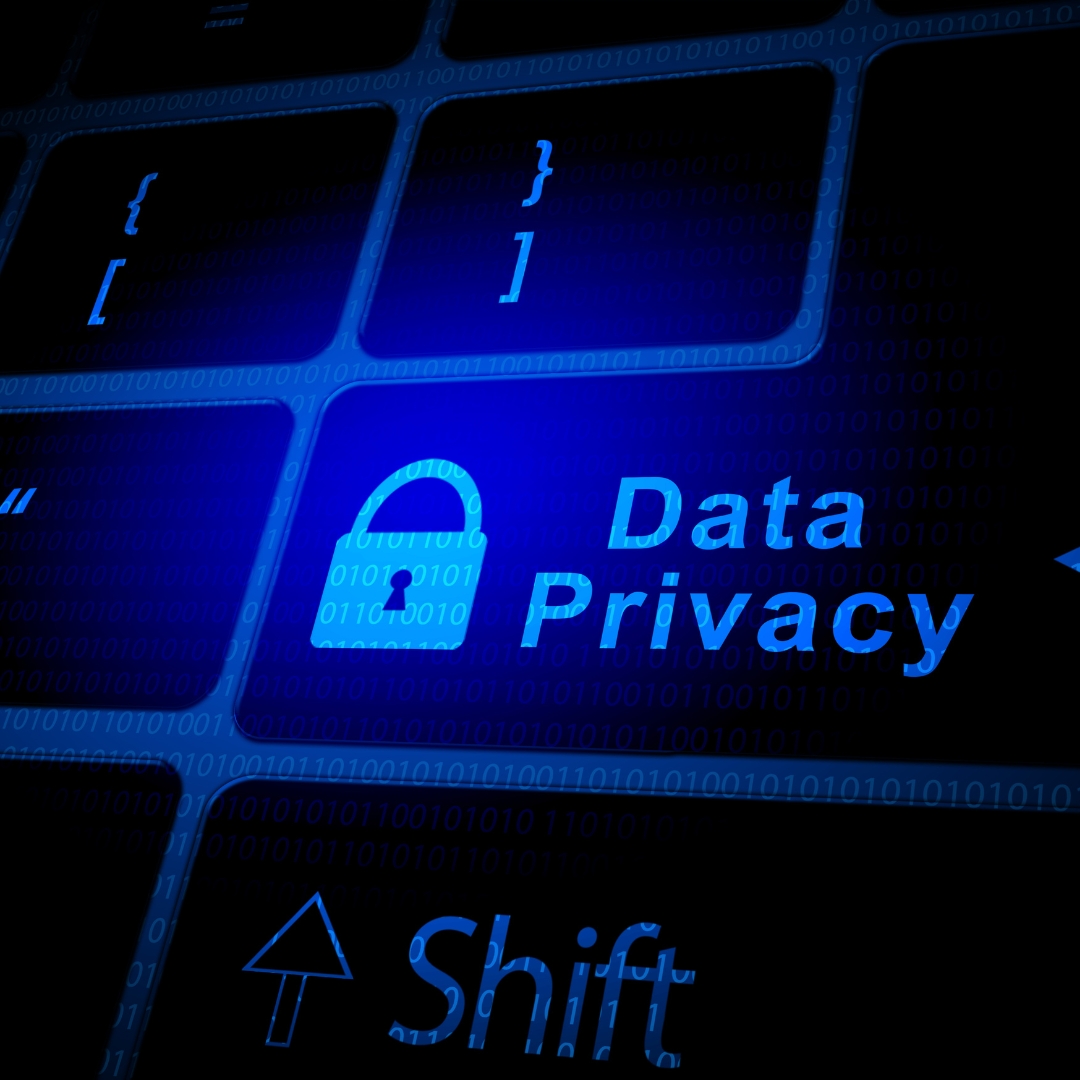Cyber harassment and online defamation are serious issues that can have a significant impact on one’s personal and professional life. When faced with these situations, it can be difficult to know when to take legal action. Here’s a general guide to help you understand when it’s appropriate to pursue legal steps.
Cyber Harassment
Cyber harassment involves the use of technology, such as social media, email, or messaging platforms, to intentionally target, harass, or threaten someone. It includes behaviors like repeated online abuse, stalking, and threats. Here’s when to consider legal action:
- Repeated and Unwanted Contact: If you are receiving threatening or harassing messages regularly, and you’ve asked the individual to stop, legal action may be appropriate.
- Intimidation or Threats: If the harassment includes threats of harm, it can escalate to a criminal offense, and you may want to contact law enforcement immediately.
- Psychological Distress: If the harassment is causing significant emotional or psychological distress, or if it’s affecting your day-to-day life, this is another signal that legal action could be necessary.
- Violation of Protection Orders: If you have a protection order in place, and the harasser continues to contact you, you may have grounds to pursue legal remedies.
- State or Local Laws: Many regions have laws specifically addressing cyber harassment. It’s crucial to check your jurisdiction’s laws to understand what constitutes criminal behavior.
Legal Options for Cyber Harassment:
- Filing a police report: In cases of severe harassment, threats, or stalking, law enforcement can investigate criminal activity.
- Civil lawsuit: You might file a civil case against the harasser for damages.
- Restraining orders: You can seek a court order that prohibits the harasser from contacting you.
Online Defamation

Defamation occurs when false statements are made publicly to harm a person’s reputation. This can happen on social media, blogs, review sites, or other online platforms. There are two types:
- Slander: Spoken defamation (e.g., via video, audio, or live-streamed content).
- Libel: Written defamation (e.g., posts, articles, or social media).
When to Take Legal Action in Defamation:
- False Statements: If someone makes a statement about you online that is false and damaging to your reputation, this could be defamation.
- Harm to Reputation: If the defamatory content harms your personal or professional reputation, causing loss of income, relationships, or mental distress, this may be grounds for a lawsuit.
- Public Exposure: If the defamatory statement is shared widely or made publicly (e.g., through social media), and it negatively affects your reputation, legal recourse might be necessary.
- Failure to Correct the Record: If someone continues to spread false information after you’ve requested a retraction or correction, this increases your chances of successfully pursuing legal action.
Legal Options for Online Defamation:
- Demand a Retraction: A formal demand for the removal or retraction of the defamatory statement.
- Cease and Desist Letter: A legal letter requesting the person to stop making defamatory statements, which could be used as evidence if the case escalates.
- Defamation Lawsuit: In some cases, you can sue for defamation, seeking damages for harm to your reputation.
General Considerations for Legal Action

- Document the Evidence: In both cyber harassment and online defamation cases, document everything. Take screenshots, save emails or messages, and keep records of dates and times.
- Consult Legal Professionals: Before taking any formal legal action, consult with an attorney specializing in internet law, cyber harassment, or defamation. They can guide you through the complexities of online legal issues.
- Know the Legal Standards: In defamation cases, you must prove that the statement was false, harmful, made with a certain degree of fault (negligence or malice), and that it was made to a third party.
- Privacy Violations: If your personal information (like private addresses, phone numbers, etc.) has been shared or hacked, this might also be grounds for legal action, especially under data protection and privacy laws.
- Platforms and Hosting Providers: If the harassment or defamation occurs on a particular platform (like social media or a website), you may be able to report the behavior and have the content removed. In some cases, platforms may cooperate with law enforcement to identify perpetrators.
Conclusion
Cyber harassment and online defamation are serious issues that can be emotionally and financially damaging. Legal action is an option if the behavior crosses a certain threshold—such as repeated harassment, threats, or significant reputational damage. Always document evidence and seek professional legal advice to ensure you approach the situation with the best possible chance of success.
